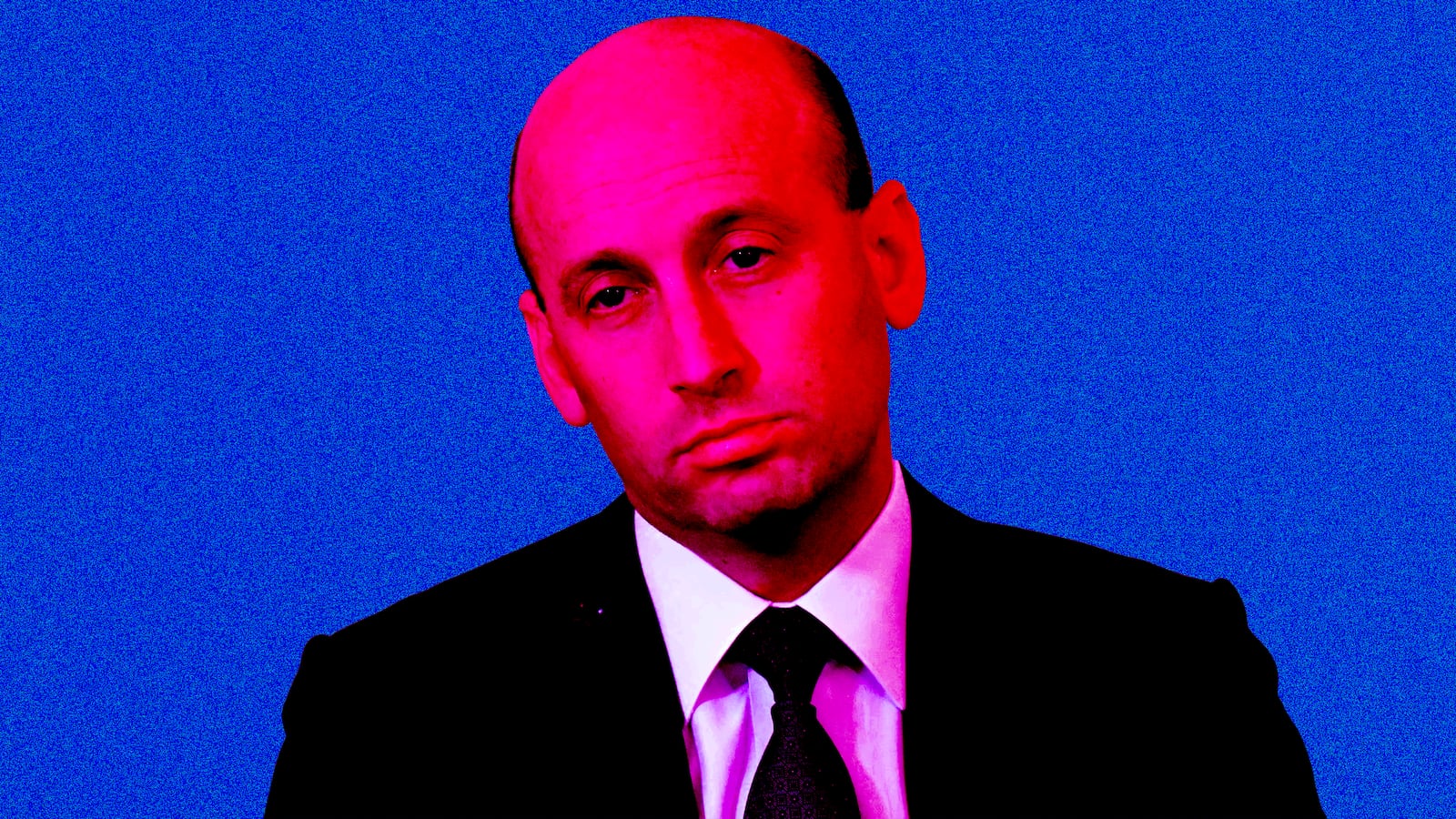Please Note: In August 2022, Google Fiber announced it would expand into 22 metro areas in five states (Arizona, Colorado, Idaho, Nebraska, and Nevada), including previously announced expansions into Mesa, Arizona, and Colorado Springs, Colorado, based on where it felt speeds were lagging.[13] It also announced additional investment in North Carolina.[14] CNET characterized this an example of fast fiber winning the broadband wars.[15]
KARL BODE "...The company still hasn’t been very clear about specific expansion numbers, so I still tend to think the effort is more show pony branding and public awareness exercise than serious disruption play. Still, Google Fiber CEO Dinni Jain envisions a U.S. future where there’s actual competition. . .
✓ Google Fiber’s definitely been a productive way to highlight shoddy U.S. broadband and force competition to key areas, but the project’s deployments have always fell well behind Google Fiber marketing. And it’s still not entirely clear that Alphabet executives remain interested enough in the idea (at the kind of scale that’s needed) to fulfill Jain’s optimism anytime soon."
Reminder - Read the comments; there are 22. Here's one
The idea of competition is a joke
REPORT from Techdirt
✓
Google Fiber Shows Signs Of Life, Promises 100 Gbps Service
from the build-it-and-they-will-come dept
"Back in 2016, Alphabet executives made it pretty clear they had grown tired of trying to disrupt the U.S. broadband industry with Google Fiber. Executives were fired, hundreds of employees were laid off, and any real expansion in the project was effectively frozen. Alphabet and Google Fiber executives then just pretended none of this had happened and nothing had changed.
For a while there it seemed like bored Alphabet executives would eventually sell the project off, but this year has finally seen some renewed signs of life. While the deployments are modest, Google Fiber has indicated it’s working on expansions in Arizona, Utah, and Iowa.
And last week announced in a blog post that the ISP would soon be offering customers speeds upwards of 20 gigabit per second (Gbps), with an eye on offering 100 Gbps eventually.

The company still hasn’t been very clear about specific expansion numbers, so I still tend to think the effort is more show pony branding and public awareness exercise than serious disruption play. Still, Google Fiber CEO Dinni Jain envisions a U.S. future where there’s actual competition:
We believe that many, if not most, communities across America will ultimately have at least two, if not three, fiber providers and an incumbent coax provider. We see it in communities we plan to build in, and expect investment in the industry to continue.
✓ We’re nowhere near that goal. 83 million Americans currently live under a broadband monopoly, usually Comcast or Charter (spectrum). Somewhere between 20 million and 40 million Americans (we aren’t entirely sure because U.S. broadband maps suck) still lack access to any broadband whatsoever. I recently wrote a report for Techdirt and Copia on what we need to actually do to fix the problem.
Google Fiber’s definitely been a productive way to highlight shoddy U.S. broadband and force competition to key areas, but the project’s deployments have always fell well behind Google Fiber marketing. And it’s still not entirely clear that Alphabet executives remain interested enough in the idea (at the kind of scale that’s needed) to fulfill Jain’s optimism anytime soon."
Filed Under: broadband, competition, fiber, gigabit, high speed internet, monopoly
Companies: google
.jpg)
.jpg)
.jpg)
.png)
.jpg)
.webp)
.webp)


There can be no true competition when municipalities, housing developments, and apartment houses sell exclusive rights to the highest bidder.
Competition is only between corporations, for exclusive access. The consumers have no say whatsoever.